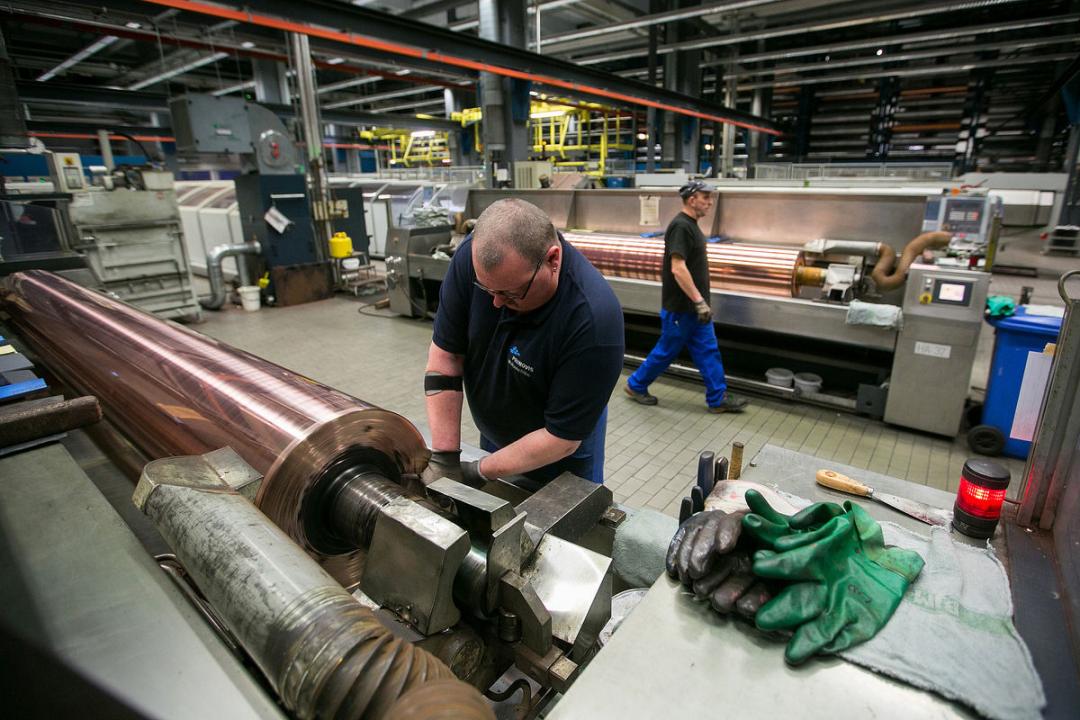The year 2015 has kicked off successfully for the German fund industry, which recorded record inflows of €27.5b ($29b) throughout January, according to the latest data presented by German Investment Fund Association BVI.
More than half of new inflows, €16.6b, went into Spezialfonds, while mutual funds saw €8.9b in new inflows, DW reported.
Within the mutual fund segment, multi-asset funds continue to grow in popularity, reporting €4.9b in new inflows. Over a five year period, total assets in multi-asset funds increased from €100b to €185 increasing their market share in Germany from 15 to 22% of all mutual funds.
With total assets of €300b, equity funds continue to hold most of the market share among mutual funds, amounting to 36% of the total market. Throughout January, they reported €2.4b worth of inflows, particularly through investors buying EuroStoxx or Dax ETFs.
Despite the challenges in the fixed income sector, bond funds booked €1.3b worth of new inflows.
Economy Gains Steam
The German economy is gathering momentum at the start of this year and the upturn will continue into the spring, the German economy ministry said, adding that the weakness seen in Europe’s largest economy last summer had been overcome.
“The German economy is experiencing an upturn again at the start of the year,” the ministry said in its monthly report.
But the ministry said relatively weak industrial production in January meant expectations should not be raised too high because the global economy was not proving to be very dynamic.
The German economy only narrowly skirted a recession in mid-2014 but it managed to pull of 1.6 percent growth last year overall and the government expects it to expand by 1.5 percent this year.
Industrial Production Up
German industrial production rose for a fifth month in January in a sign that the momentum in Europe’s largest economy is strengthening.
Output, adjusted for seasonal swings, was up 0.6 percent in January after a revised one percent gain in December, a report from the Economy Ministry in Berlin showed Friday. The increase in the typically volatile figures compares with a median estimate of a 0.5 percent gain in a Bloomberg News survey. Production climbed 0.9 percent from a year earlier. German economic growth accelerated in the fourth quarter as lower oil prices and a weaker euro boosted consumption and underpinned business confidence. While factory orders declined more than analysts predicted at the beginning of the year, large-scale asset purchases by the European Central Bank will provide further stimulus.
“The lower oil price lifts purchasing power not only in Germany but also abroad; hence, it is good news for internal demand and German exports alike,” said Andreas Rees, an economist with UniCredit SpA in Frankfurt. “The weaker euro exchange rate provides further tailwinds for export-dependent companies.”


